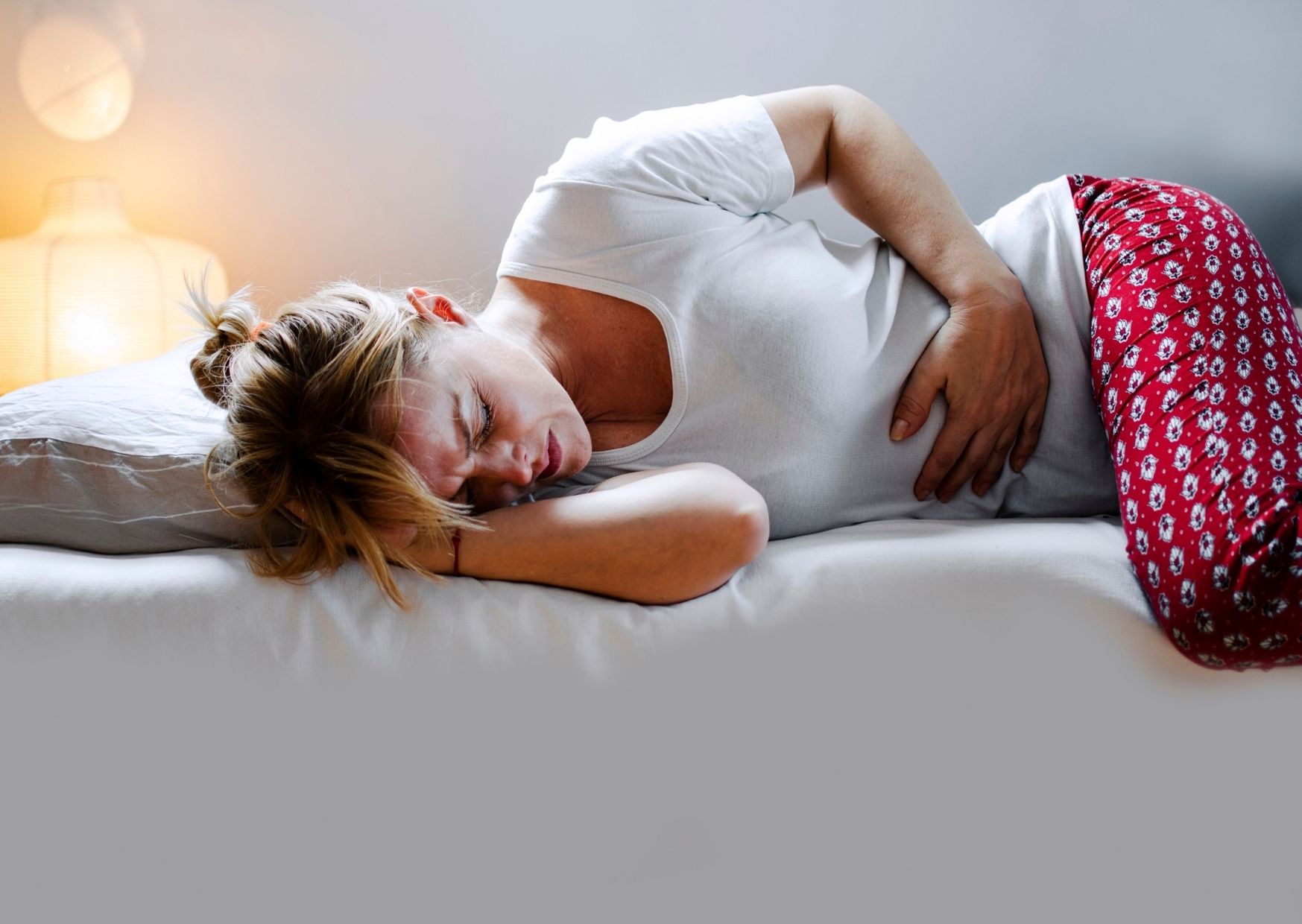I’ve been told I don’t have endometriosis, but I have symptoms. What should I do?
It’s very common for endometriosis to be undiagnosed or misdiagnosed. If you think you may have endometriosis, or if you have any symptoms you’re worried about, make an appointment with one of our specialists today, who will be more than happy to provide you with a second opinion.
How does endometriosis affect fertility?
While endometriosis can affect your chances of getting pregnant, more than 7 in 10 people with mild to moderate endometriosis will get pregnant without treatment.
The impact that endometriosis can have on fertility varies widely from person to person – both how severe the condition is and where it’s growing determine how difficult you may find it to get pregnant.
If you have endometriosis and want to try to get pregnant, or have been trying for a while without success, speak to one of our consultants about your treatment options.
Does having endometriosis increase your risk of pregnancy complications?
Endometriosis-related complications during pregnancy are rare, but there is a correlation between having the condition and an increased risk of placenta praevia (low-lying placenta). This is where the placenta attaches lower down in the womb than usual, and in most cases, results in the need for a planned caesarean birth.
Can endometriosis continue after menopause?
While many women find that their endometriosis symptoms reduce after menopause, the condition can still cause discomfort and pain. It isn’t typical to develop endometriosis after menopause, but if you didn’t know you had the condition before, it may be discovered as a result of symptoms being aggravated by hormone replacement therapy (HRT).

